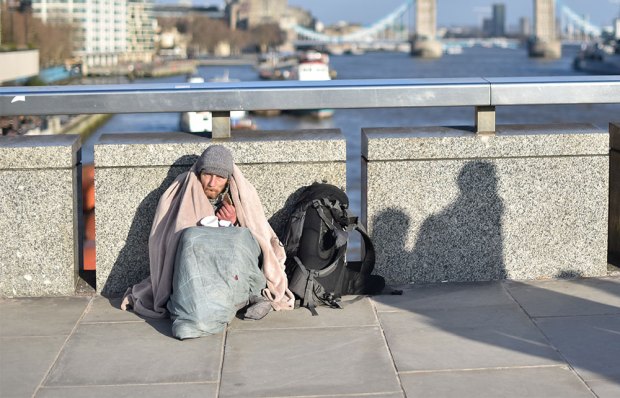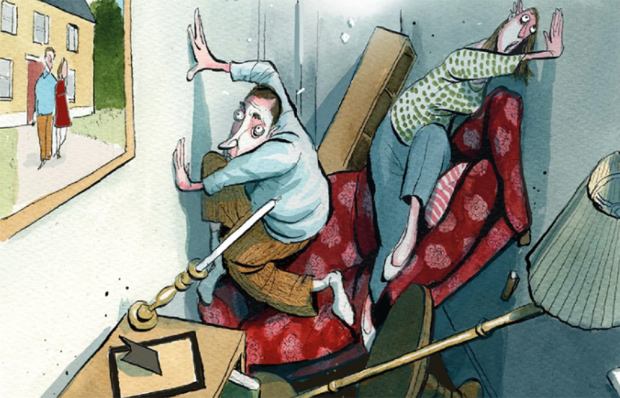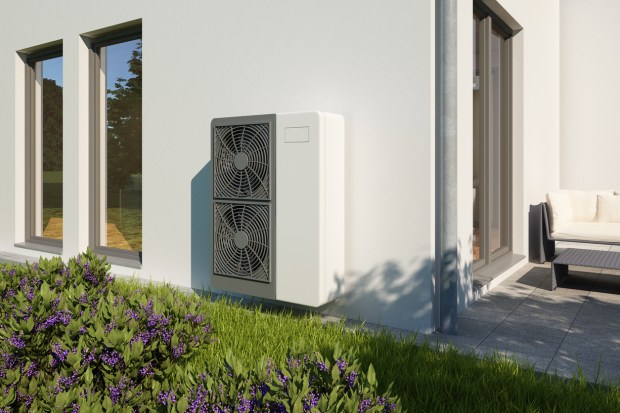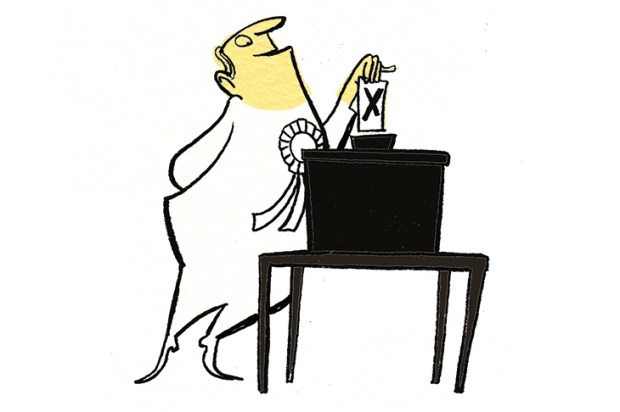Poor data
Oxfam complained of an ‘inequality explosion’, citing an estimate that by next year 1 per cent of the world’s population will own half the wealth, but little other evidence. Is global inequality really growing, and does it matter?
— There have been few estimates of global inequality in income and wealth, but one recent one was contained in a Unicef report in 2011 which revealed that on some measures global inequality is falling. In 1990, it claimed that the wealthiest 20% of people on the planet received 87% of global income. By 2007 that had fallen to 83%. Over the same period the poorest fifth of the population saw their share of wealth increase from 0.8% to 1%.
— If there has been a concentration of wealth at the extreme upper end, it hasn’t stopped the decline of extreme poverty. In 1990, according to the United Nations World Food Programme, there were 1 billion people in the world suffering from undernourishment. By last year it was 805 million, in spite of population growth.
Porn again
For those who feel aggrieved at the loss of Page 3, there are always another 260 million more pages to enjoy — an estimate by internet filtering company N2H2 of the number of pages of pornographic material on the internet. Some more stats:
| Number of porn websites | 4.2m |
| Pornographic emails sent daily | 2.5bn |
| Porn downloads daily | 1.5bn |
Source: Internet Filter Review
Paying for the party
A Cornish mother invoiced the parents of her son’s friend £15.95 after he failed to turn up to a fifth birthday party at a dry ski slope. How much do parents spend on children’s birthday parties?
£214: survey by Littlewoods, 2013
£270: survey by Holiday Inn, 2012
£300: survey by Mums Show Live, 2013
Wholesale profiteering
Several energy companies announced price cuts. Who has gained most from falling wholesale energy costs? Last year, the average duel-fuel household energy bill was £1,338, up from £1,312, adjusted for inflation, in 2009. Here’s how the composition of the typical bill has changed:
| 2009 | |
| VAT | £62 |
| Operating costs | £148 |
| Network/environmental costs | £318 |
| Wholesale energy costs | £774 |
| Profit | £10 |
| 2014 | |
| VAT | £65 |
| Operating costs | £174 |
| Network/environmental costs | £386 |
| Wholesale energy costs | £636 |
| Profit | £77 |
Source: Ofgem
Got something to add? Join the discussion and comment below.
Get 10 issues for just $10
Subscribe to The Spectator Australia today for the next 10 magazine issues, plus full online access, for just $10.
You might disagree with half of it, but you’ll enjoy reading all of it. Try your first month for free, then just $2 a week for the remainder of your first year.













Comments
Don't miss out
Join the conversation with other Spectator Australia readers. Subscribe to leave a comment.
SUBSCRIBEAlready a subscriber? Log in